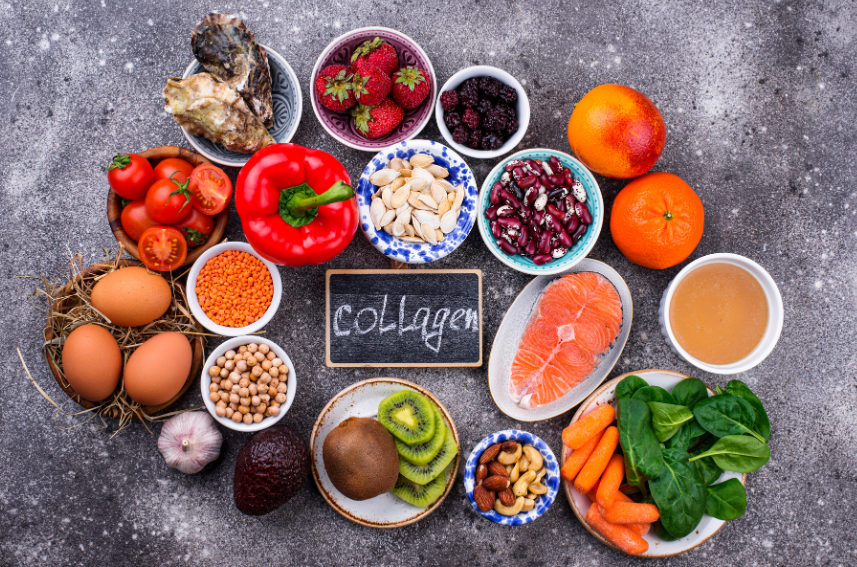Protecting Your Vision from Environmental Threats
By Susan Tanner M.D.
In environmental medicine, one of the critical things to remember is that any organ system of the body can be targeted and impacted when the threshold of tolerance has been exceeded from exposures to environmental contaminants ( mold, mycotoxins, chemicals), illnesses such as viruses and other infections, and heavy metals including lead, mercury, cadmium. The eyes and thus visual acuity are not spared from these risks.
Macular Degeneration – A Comprehensive Overview
Macular degeneration is a leading cause of vision loss as we age. Once it sets in, reversing the damage is nearly impossible. So, understanding what it is, and how we may prevent, slow, or treat this condition is vital to preserving eye health and vision. There seems to be a genetic predisposition to the condition, but that does not mean that just because your parent(s) may have had it means that you, too, will suffer get it if you take the steps to protect and prevent early on.
A Peek Into Eye Anatomy
The retina, located at the back of our eyes, detects light and sends signals to our brain, allowing us to see. The macula, a part of the retina, handles our straight-ahead vision. When the macula’s cells get damaged, our vision starts to blur, making tasks like reading and driving increasingly difficult. In the worst cases, it can even lead to blindness.
Types of Macular Degeneration
Dry Macular Degeneration (Atrophic AMD)
- Cells of the macula become fragile and break down.
- Progresses slowly over the years through early, intermediate, and late stages.
- No medical interventions for its late stage.
Wet Macular Degeneration
- Blood vessels beneath the retina grow and leak, damaging the macula.
- Less common but more severe and progressive.
- Can lead to blindness.
- Some medical treatments are available.
Awareness and Prevention – The First Steps
Knowing that our body can be affected by environmental factors and oxidative stress is crucial. Here’s what you can do to protect your eyes:
- Clean Living:
Prioritize clean air, food, and water. Reducing exposure to toxins and unhealthy foods can significantly decrease oxidative stress on our bodies.
- Nutrient Protectors:
Omega-3 Fatty Acids: Studies have shown that a higher intake of omega-3, especially from fish oil, can reduce both the risk of macular degeneration development and progression. For instance, consuming an additional 1,000 mg of omega-3 daily can lower the risk of early-stage macular degeneration by 6% and late-stage by 22% (Jiang H, ShiX, Fan Y, et sl. Dietary omega-3 polyunsaturated fatty acids and fish intake and risk of age-related macular degeneration. Clin Nutr.2021Dec;40(12):5662-73)
- How Omega-3’s Protect Your Eyes
- They are structural components of the macula’s cell membrane, offering anti-inflammatory and neuroprotective effects. https://www.hsph.harvard.edu/nutritionsource/what-should-you-eat/fats-and-cholesterol/ types -of-fat/omega3)
- They shield the retina from degenerative changes. (Rezende FA, Lapalme E, Sian Cx, et al. Omega-3 supplementation combined with anti-vascular endothelial growth factor lowers virtual levels of vascular endothelial growth factor in wet age-related macular degeneration. Am J. Ophthalmic.2014Nove:158(5):1071-78)
- Carotenoids:
These are pigments found in plants that support the retina. Lutein, zeaxanthin, and meso-zeaxanthin are some examples. They provide structural support to the maculae and help protect the cells from harmful light wavelengths that can damage the eyes. One study showed subjects with the highest intake of lutein and zeaxanthin and a 41% lower risk of developing advanced macular degeneration. (Wu J, Cho E, Willett WC, et al. Intakes of Lutein, Zeaxanthin, other carotenoids, and Age-Related Macular Degeneration During 2 decades of Prospective Follow-up JAMA Ophthalmic.2015Dec;133(12):1415-24)
Consuming foods rich in these nutrients can lower the risk of advanced macular degeneration.
Action Steps for Eye Health
- Avoid Known Toxins: Stay away from chemicals and unhealthy foods that increase oxidative stress on your body.
- Eat an Antioxidant-rich Diet: Consume foods high in lutein/carotenoids like carrots, leafy greens, blueberries, pomegranate, and turmeric.
- Consume Cold Water Fish: Eat fish like wild-caught salmon, cod, sardines, and halibut once or twice weekly.
- Consider Supplements: Like eye-protective formulas and Omega 3 fish oils. My recommendations: Life Extension Super Omega-3 Fish Oil and Life Extension MacuGuard Ocular Support.
Our eyes are a precious gift. By understanding the risks and taking preventive measures, we can ensure their health and longevity; safeguarding our vision and also promoting overall body health and well-being.
You may directly access pharmaceutical-grade vitamins and supplements to support your well-being at a discount through my online Fullscript store by clicking here: https://us.fullscript.com/welcome/susantannermd/signup


